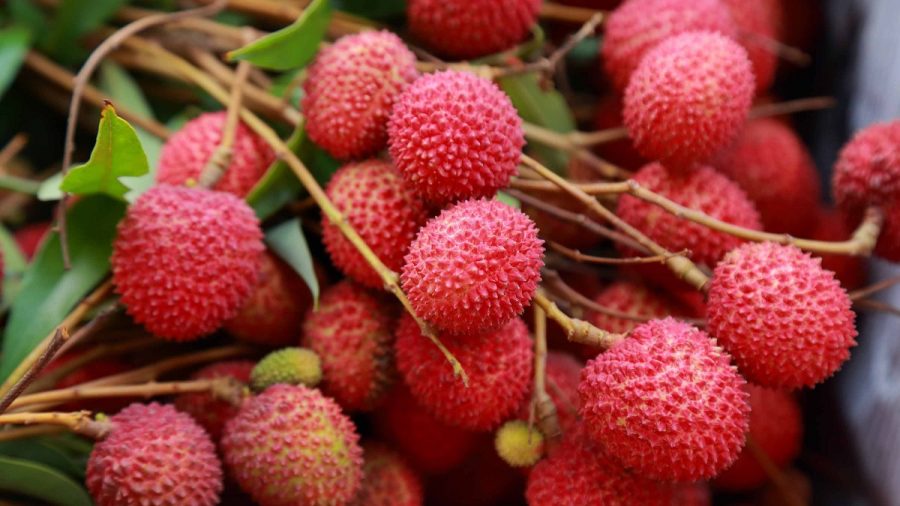Almost 50 children have died in northern India over the past three weeks from a brain disease that has been linked to toxins in lychees.
Health authorities in the state of Bihar said Thursday that 47 children have died of acute encephalitis syndrome, which involves inflammation of the brain. Two hospitals in the city of Muzaffarpur had registered a total of 179 cases since January, they said, but the deaths occurred only in the past few weeks.
Encephalitis ‘linked’ to lychee fruit kills dozens of children in India https://t.co/aMpHaPSDzQ pic.twitter.com/pyK21VFcWZ
— Al Jazeera English (@AJEnglish) June 13, 2019
In 2013, at least 351 people died of encephalitis in the northern state of Uttar Pradesh.
“This year, the number [of cases] has gone up a bit. The heat wave has been too intense, and it has gone on for too long,” said Sanjay Kumar, a senior state health official.
The state health department has blamed hypoglycemia—low blood sugar—for the children’s deaths but said that lychee fruit, which is widely grown in the region, also plays a role.
“International experts have told us that lychee has some kind of toxin that goes and deposits in the liver of these children, and when the temperatures go up, those toxins get released,” Kumar said. “The fact is that [Muzaffarpur] is a lychee-growing area. We suspect that there is some kind of role that lychee has in the case. But it is also true that once the temperature comes down and the rains come, lychee or no lychee, there are no more cases.”
Brain disease linked to lychee toxins kills 47 children in India https://t.co/f3zwlWtM0m pic.twitter.com/wcjdLHRut5
— KBCCHANNEL.TV (@KBCCHANNELTV) June 14, 2019
According to a study about a 2014 outbreak of encephalopathy, published in The Lancet Global Health medical journal in 2017, one of the factors can be the consumption of lychee.
Encephalopathy, or brain disease or damage, can be caused by encephalitis.
The study found that parents reported that children in affected villages spent most of the day eating lychees from nearby orchards, often returning home in the evening “uninterested in eating a meal.” Children who fell ill were twice as likely to have skipped dinner, which, according to the researchers, probably resulted in “night-time hypoglycaemia.”
48 Bihar children dead; lychee to blame?
Read: https://t.co/5xPtw2bKaY pic.twitter.com/q4rnDIGHJB
— Times of India (@timesofindia) June 14, 2019
The Lancet study said that when the children’s blood sugar level dropped, the body would start to metabolize fatty acids to produce a boost of glucose.
However, urine samples found that two-thirds of the ill children showed evidence of exposure to toxins in lychee seeds, found in higher levels in unripe fruits. In the presence of these toxins, “glucose synthesis is severely impaired,” the study said, leading to dangerously low blood sugar and brain inflammation.
Kumar said that the affected children “are from poor families, and they do not have sugar reserves, and they are also malnourished.”
“The liver stores glycogen. When the sugar level goes down, the liver releases extra sugar to balance it out, but if there is no extra sugar and there are only toxins, then they get released,” he said.
State officials have issued warnings across the district advising parents to ensure that children stay hydrated and do not go to sleep on an empty stomach.
Acute encephalitis syndrome causes inflammation of the brain, resulting in fever, delirium and eventually coma in most cases. Heat, malnourishment, and humidity are contributing factors, according to experts.
![]()


